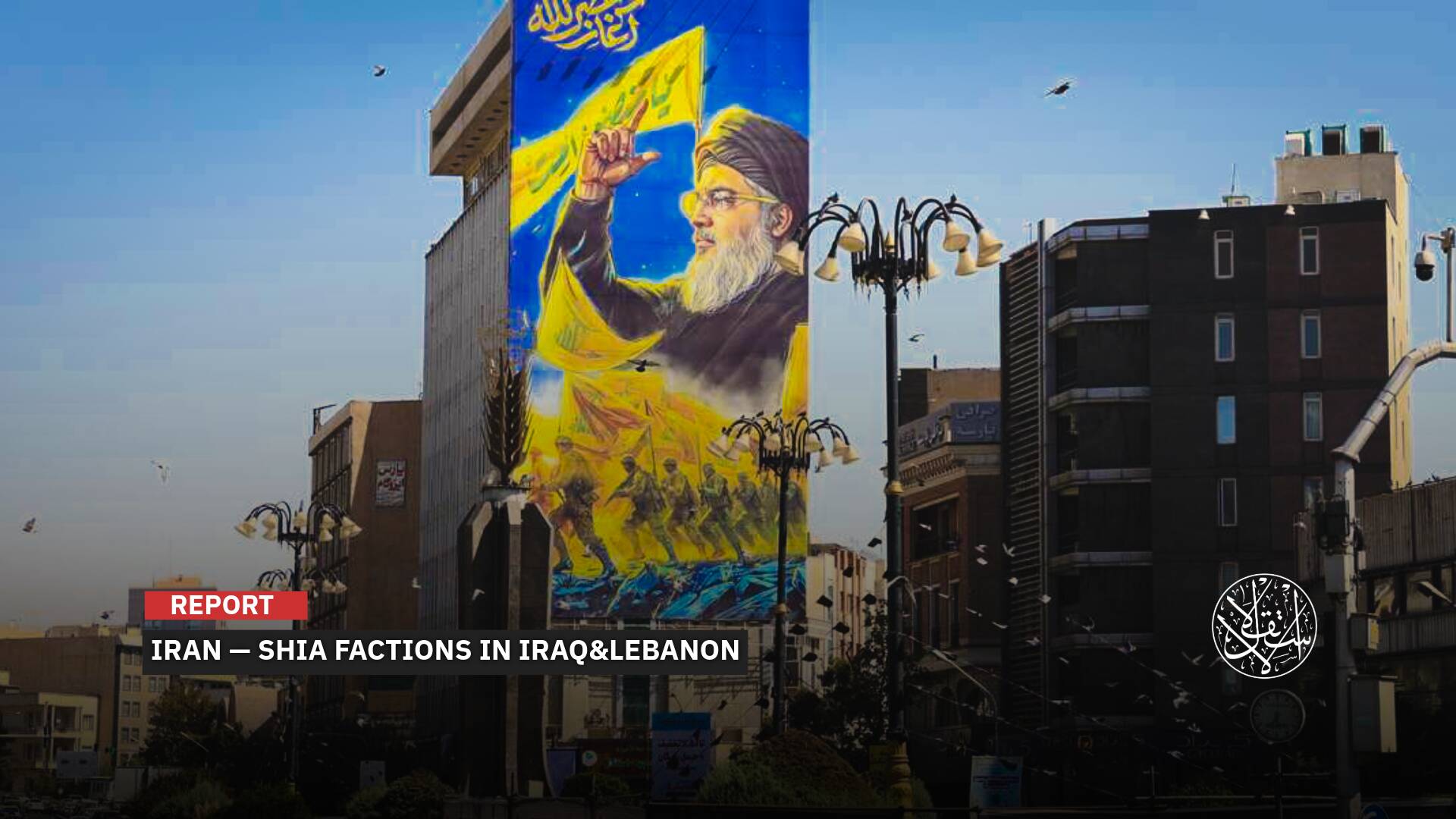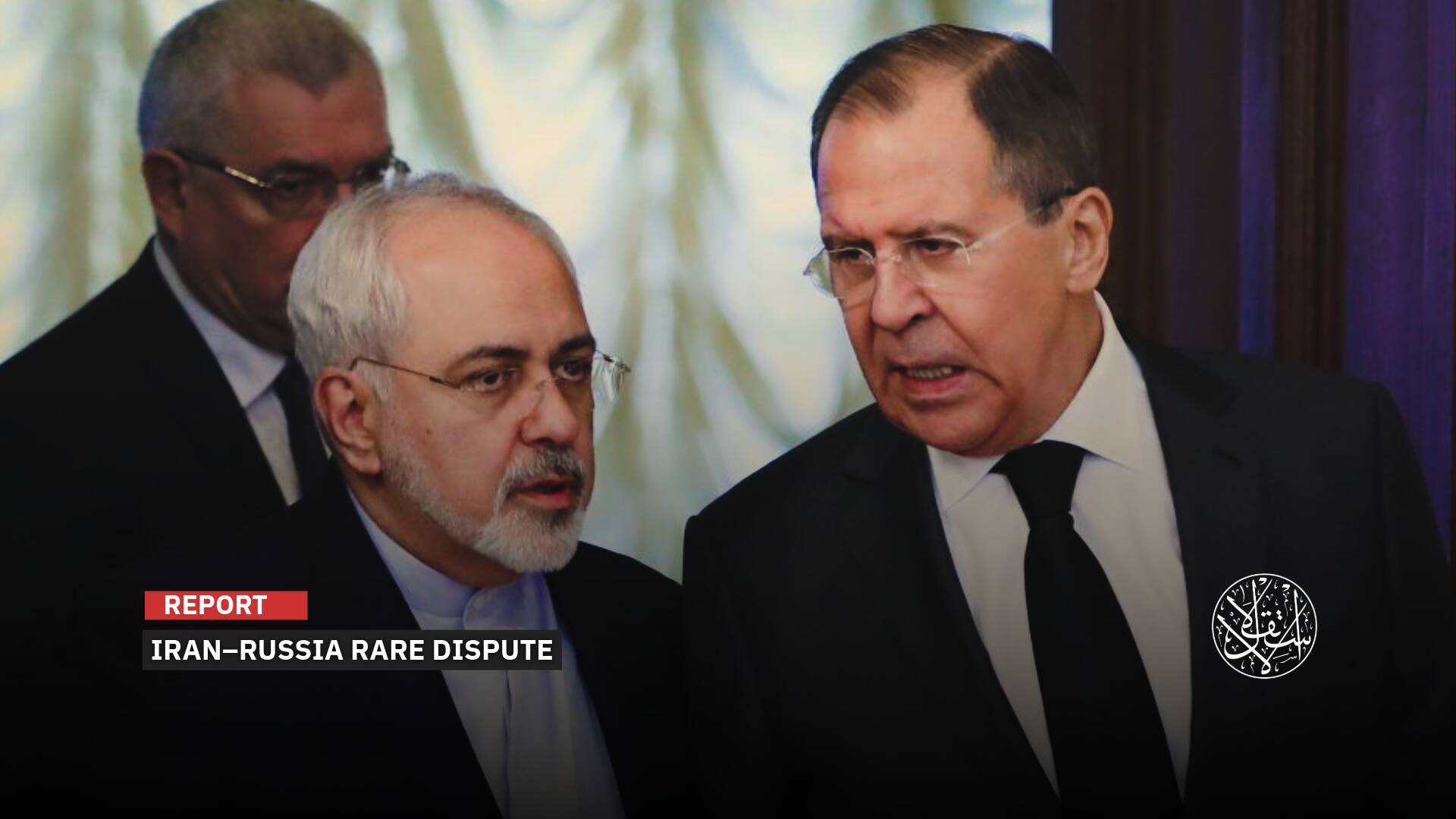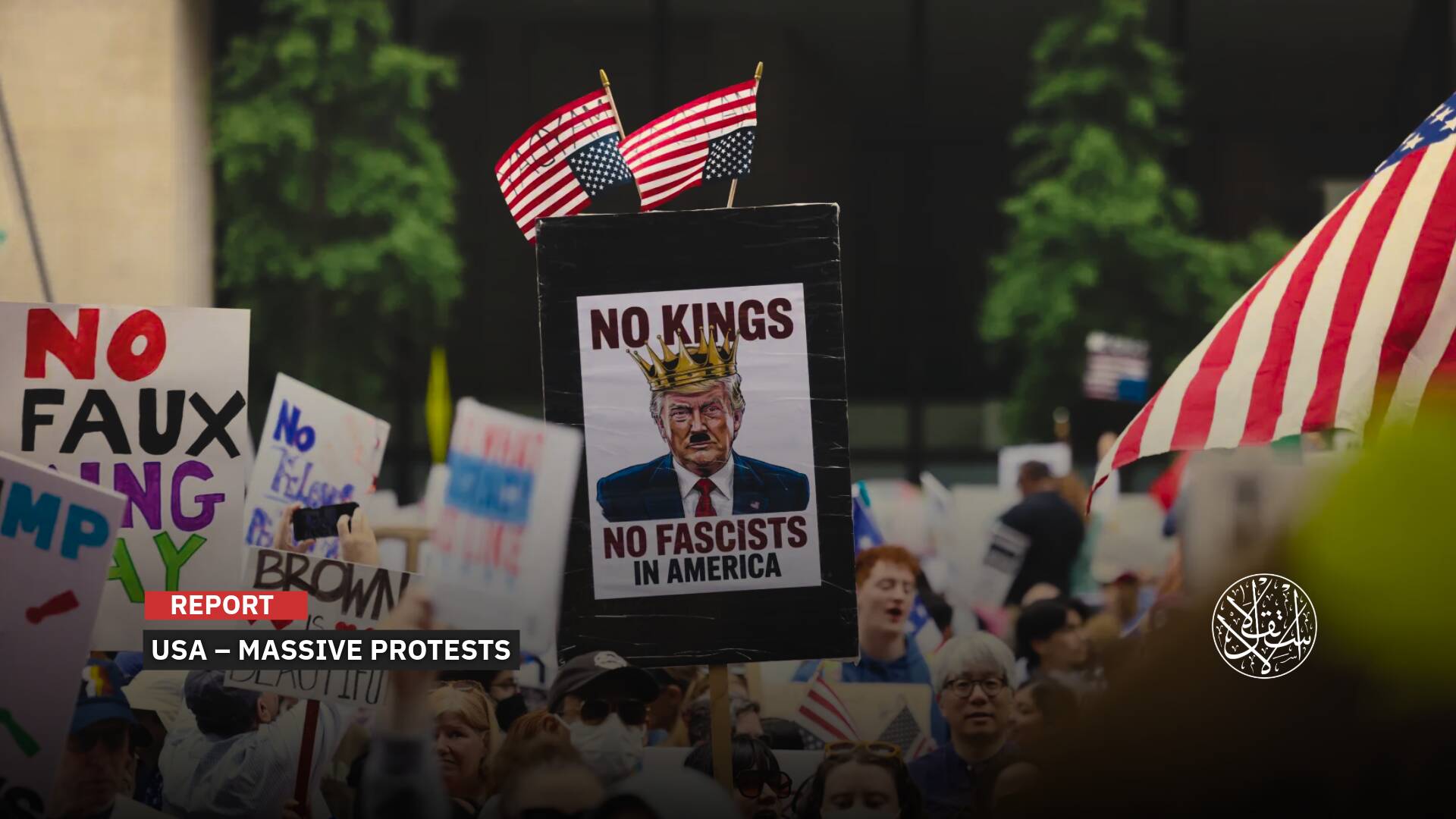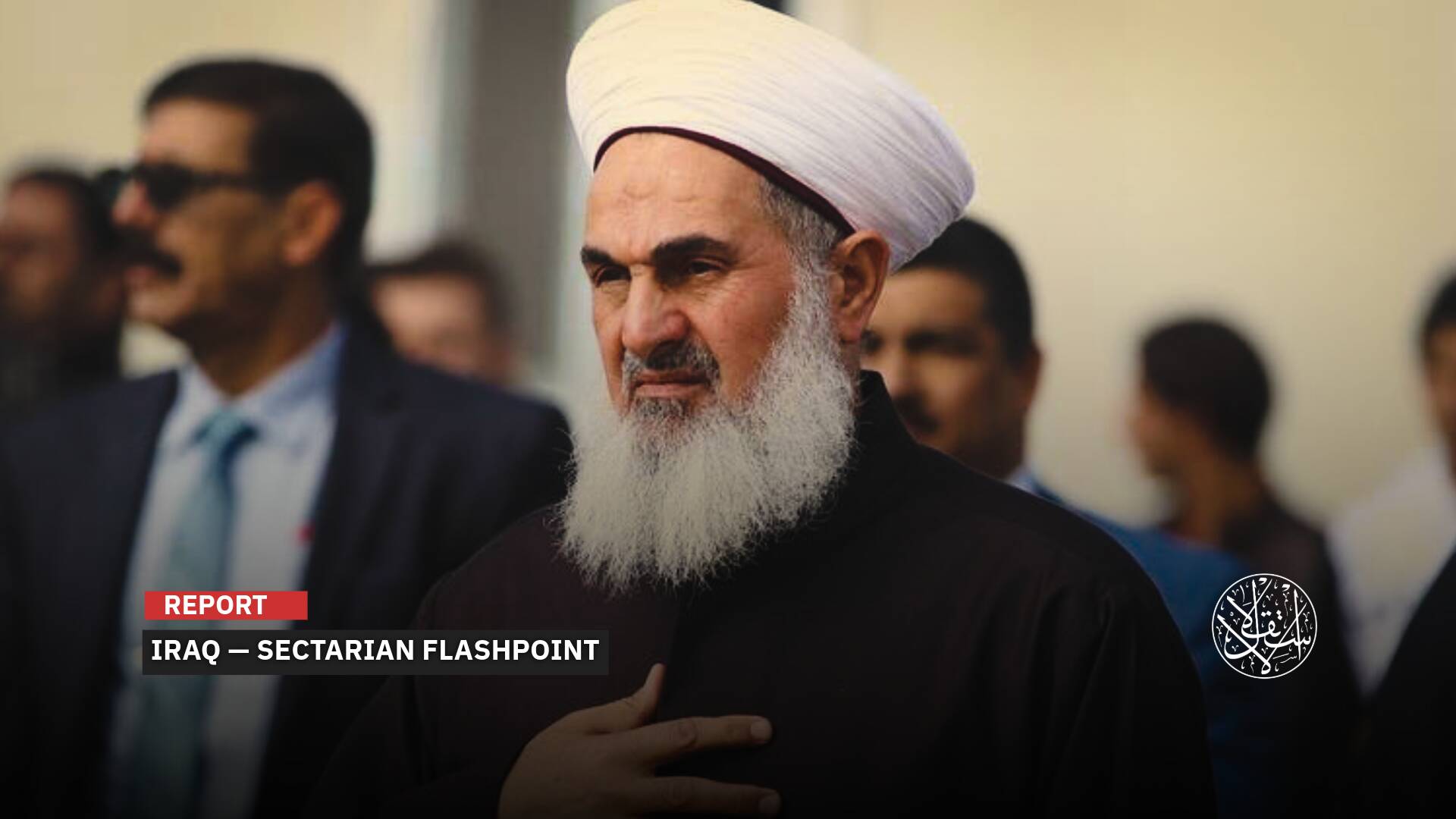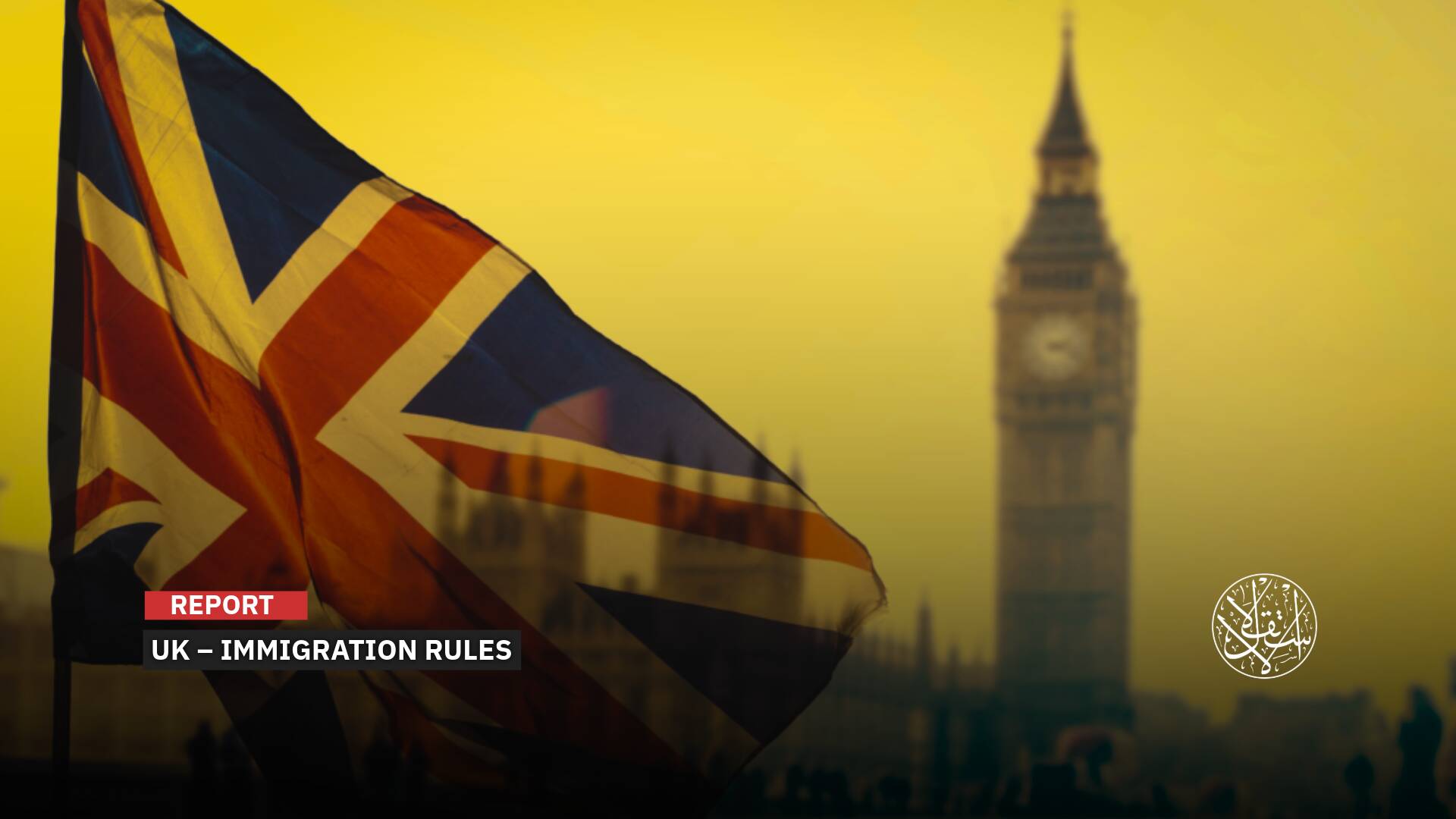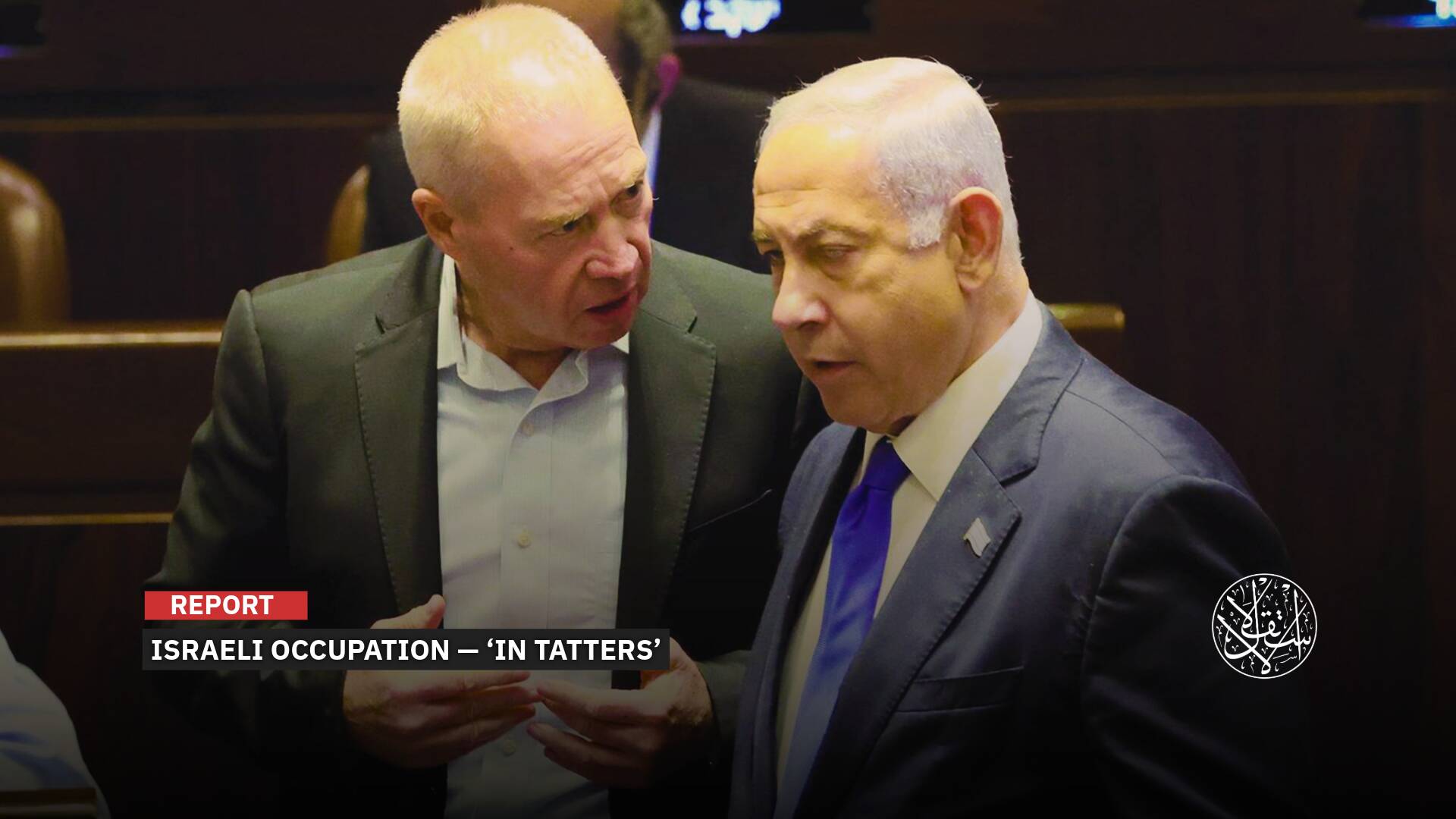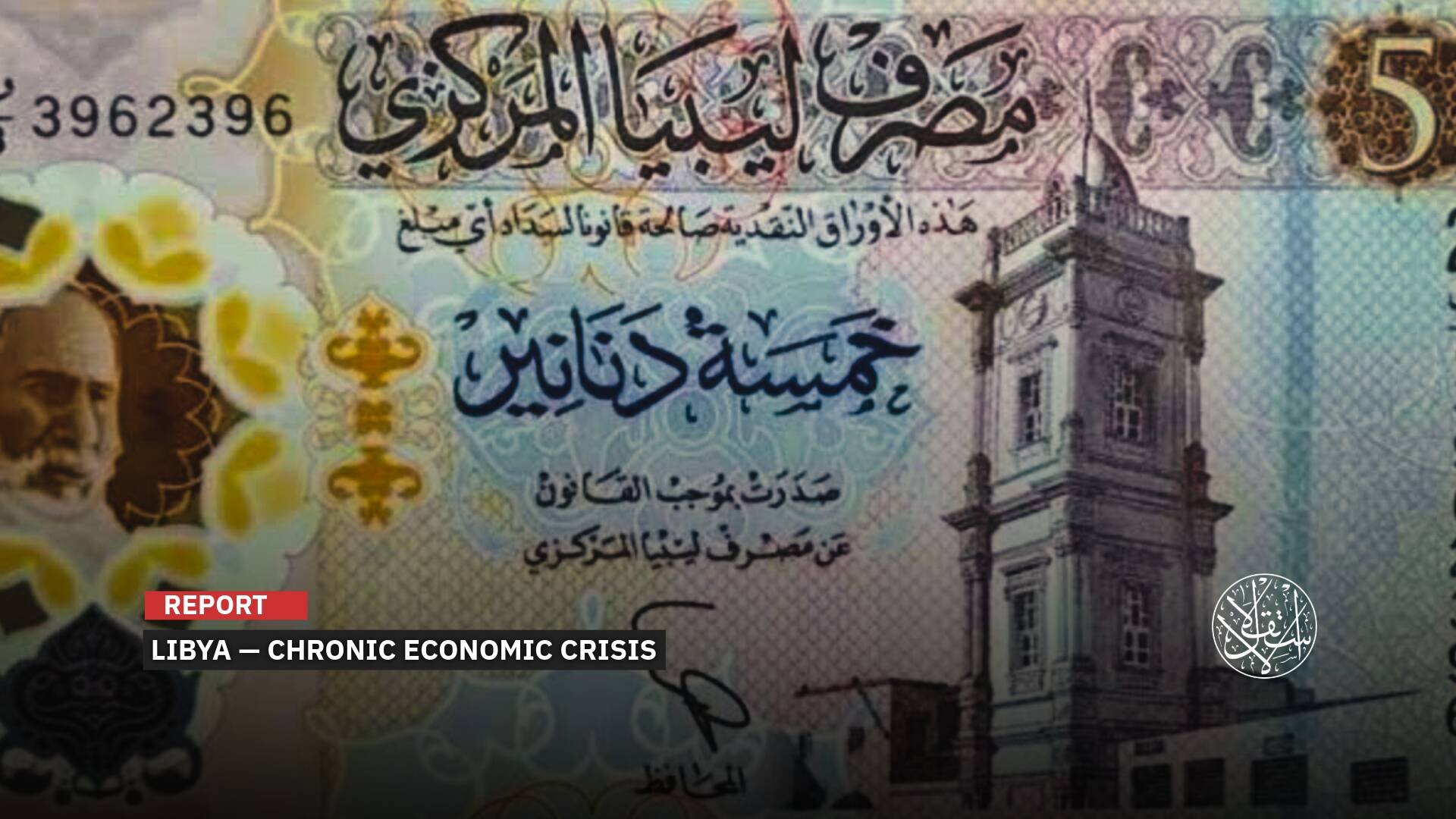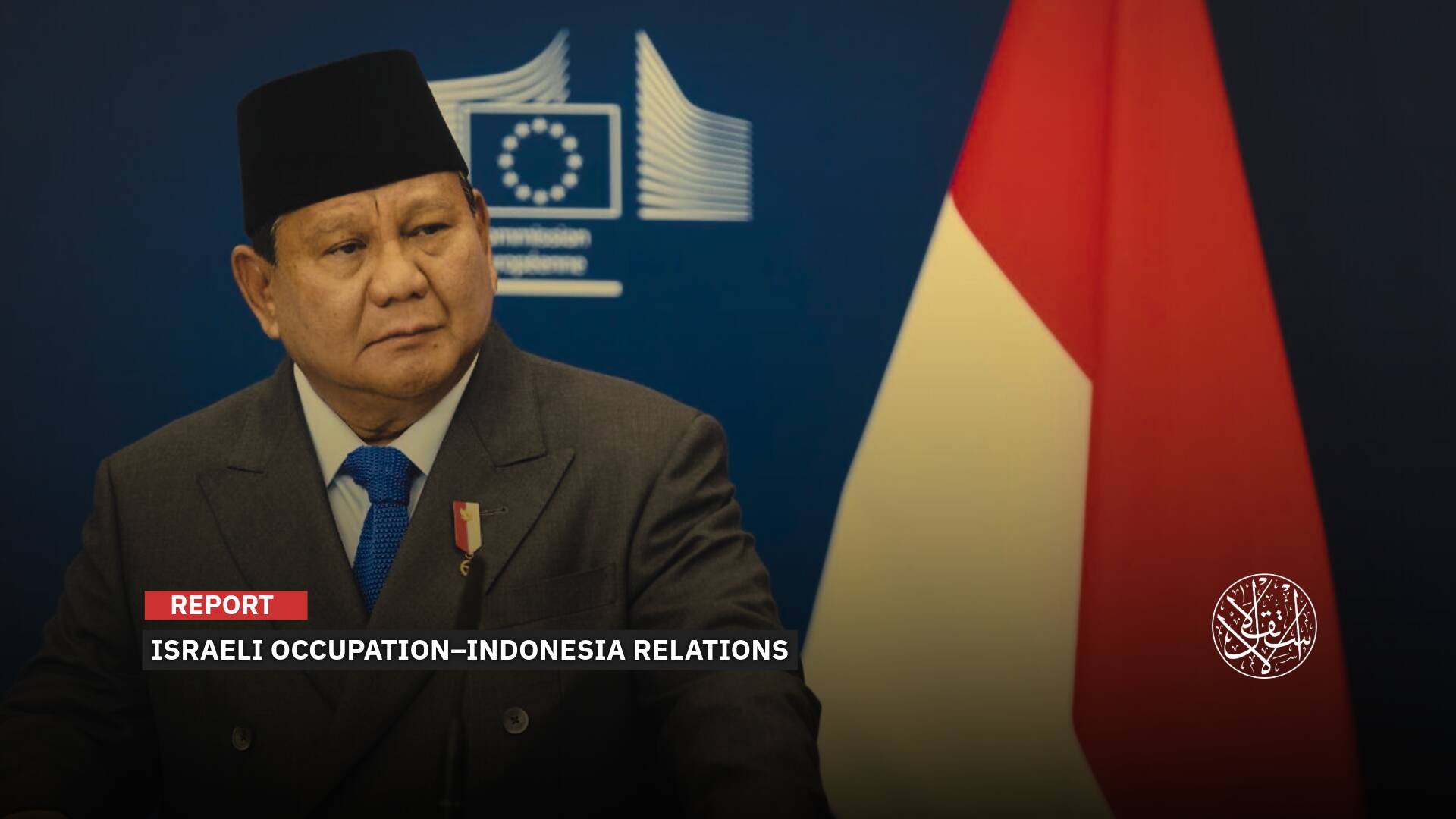Will Europe Impose Sanctions on Kais Saied or Ignore the Tunisian People?

The European Parliament voted on March 16 to publicly denounce the sharp deterioration of human rights in Tunisia and suspend EU support programs for the country’s ministries of justice and interior.
The Parliament also condemned President Kais Saied’s racist discourse against sub-Saharan migrants and the attacks that have ensued, as well as attacks on trade unions’ rights.
MEPs expressed deep concern about President Saied’s authoritarian drift and his use of Tunisia’s disastrous socio-economic situation to reverse the country’s historic democratic transition.
They called for the release of all arbitrarily detained people, including journalists, judges, lawyers, political and trade union activists, and respect for freedom of expression, association, and workers’ rights, in line with the Tunisian constitution and international treaties.

Authoritarian President
As the European Union prepares to weigh in on Tunisia’s political turmoil, its lawmakers have issued a stern warning to the country’s leader, President Kais Saied, who has tightened his grip on power and clamped down on dissent since last year.
In an emergency resolution adopted last week, the European Parliament denounced the “worsening situation” in Tunisia and urged the bloc’s executive branch to impose sanctions on Mr. Saied’s government for violating human rights and press freedom.
The resolution also expressed support for Tunisian journalists who have faced arrests, intimidation, and prison sentences for their reporting.
They include Noureddine Boutar, who runs a popular radio station; Khalifa Gasmi and Salah Attia, two journalists who were imprisoned earlier this year; and several staff members of a web-based news outlet who were taken into custody last week after their office was raided.
Tunisia was widely praised as a success story of the Arab Spring after its 2011 revolution that ousted a longtime autocrat and ushered in democracy.
But its achievements have been eroded since Mr. Saied, a former law professor who campaigned on an anti-corruption agenda, won a landslide election in 2019 and then invoked emergency powers in July 2021 amid widespread discontent over economic and social problems.
He has since ruled by decree, disbanded parliament, and supervised the drafting of a new constitution that opponents say would undermine civil rights and weaken democratic institutions.
Consequently, Tunisia has fallen 20 places in the most recent global ranking of press freedom by Reporters Without Borders (RSF), placing 94th out of 180 countries.
The organization’s representative for North Africa, Khaled Drareni, said that Saied’s regime was “trampling on rights and freedoms” without any accountability.
The European Parliament’s resolution came before a meeting of EU foreign ministers on Monday in Brussels, where they are set to discuss how to deal with Tunisia’s crisis.

Utilizing Counter-Terrorism
Tunisia’s President Kais Saied, who staged a coup last year and sidelined his political rivals, is using counter-terrorism measures to target his opponents, according to a new analysis by The Washington Institute.
But the analysis also suggests that Washington has some leverage over Saied, as jihadist violence in Tunisia has dropped significantly in recent years.
The analysis, written by researcher Aaron Zelin, says that Tunisia’s counter-terrorism service has become politicized under Saied’s rule, echoing the practices of former dictator Zine El Abidine Ben Ali.
It warns that Mr. Saied’s tactics could backfire and fuel the jihadist movement, which still poses a threat to the country despite being much weaker than it was between 2012 and 2019.
“Beyond the moral and humanitarian issues, this decay highlights the role of US assistance to Tunisia,” Zelin writes.
The United States has invested at least $30 million in reforming Tunisia’s counter-terrorism system since 2013, especially after a series of deadly attacks in 2015 and 2016.
It has also spent another $20 million on military education and training, as well as about $100 million on improving law enforcement agencies.
“While countering terrorism in Tunisia is not as urgent as before, the amount of US spending necessitates addressing the setback caused by Saied,” Zelin argues.
He notes that the past five years have seen a sharp decline in jihadist attacks and arrests in Tunisia, and this trend continued in 2022.
Neither ISIS nor the Uqba ibn Nafi Brigade loyal to al-Qaeda claimed any attack last year, showing how much the jihadist movement has weakened in the country.
The analysis cautioned that the decline in the rate of arrests and trials last year should be seen as to whether it reflects a general trend of declining judicial transparency at a time when Saied continues to tighten his authoritarian grip on the regime, or is it just a delay in court hearings?
European Silence
Tunisia’s President Kais Saied, who seized power last year in a move that critics called a coup, has faced little condemnation from European countries as he has eroded the rule of law and human rights in the country.
The country’s ranking in the Democracy Index, which measures democracy based on five criteria: electoral process and pluralism, functioning of government, political participation, political culture, and civil liberties, dropped by 10 places in 2022 to 85th out of 167 countries.
In his interview with Al-Estiklal, political researcher Jalal al-Khalaify said that Saied has suspended and dissolved parliament, drafted a new constitution that would give him more authority, imposed his control over all branches of government and ignored calls for dialogue from civil society groups, political parties and the international community.
“He has also cracked down on politicians, human rights activists, and journalists and restricted freedom of expression,” al-Khalaify added.
“Despite all of these harsh violations, European countries have been largely silent about this dictator who took over the country and silenced all of his opponents.”
“They have only issued some mild reports to acknowledge the situation but have not taken any action or expressed any condemnation, even when Saied expelled members of a European legal advisory body and European trade unionists from Tunisia,” al-Khalaify noted.
“The Europeans always say they care about human rights, but it seems that their interests are more important than their values,” he mentioned.
“This explains why they have looked the other way for months while the only democracy in the Arab world has lost its stability and direction,” he concluded.


